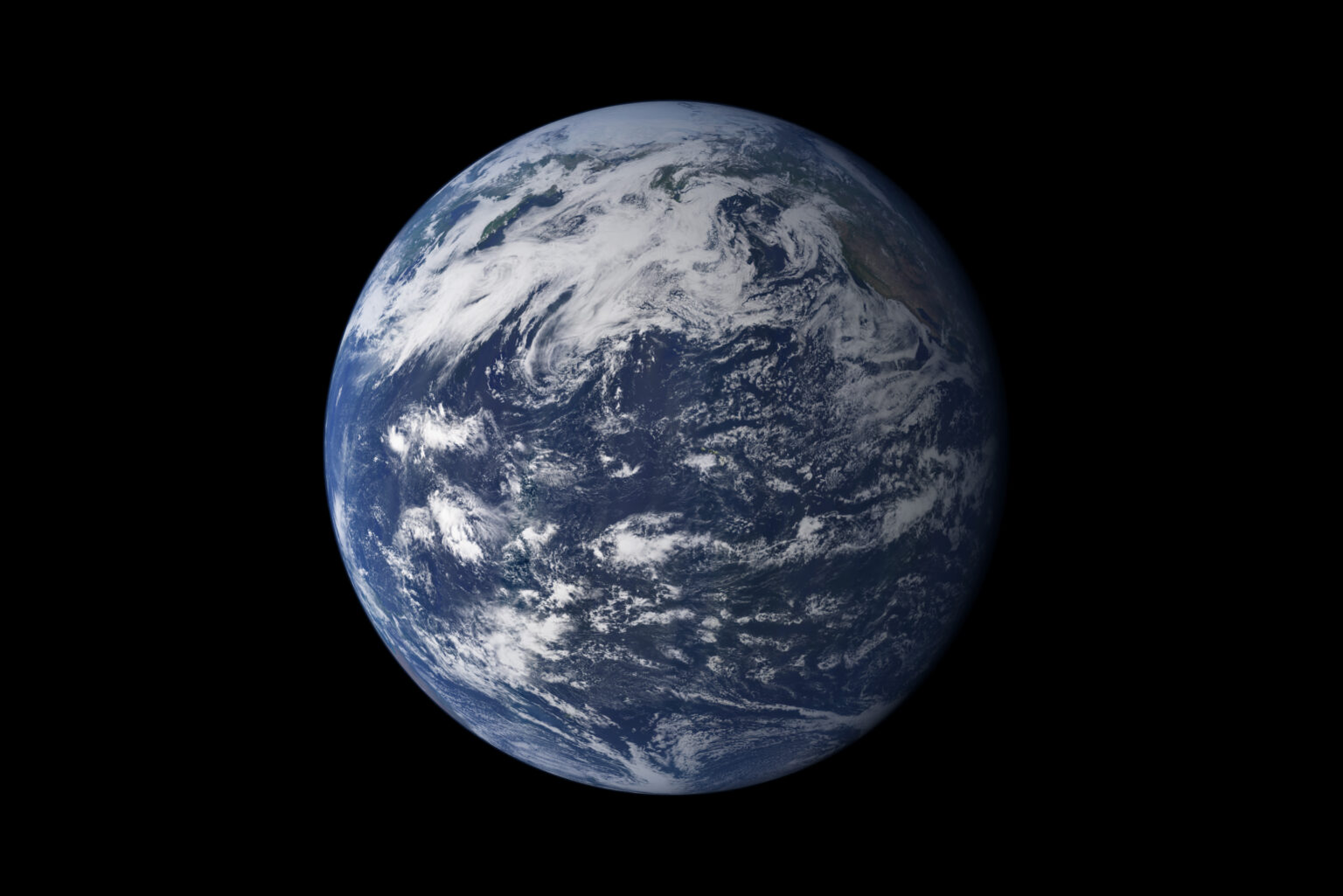Scientists have suggested that sufficiently large super-Earths may have such a powerful gravitational force that extraterrestrial civilizations will never leave them. Peculiar “aquarium worlds” are formed, which can become a trap for intelligent beings.

Drake equation and the second cosmic velocity
Elio Quiroga, a professor at the Universidad del Atlantico Medio in Spain, has published a study on the fact that some extraterrestrial civilizations may never reach space, and we may not even suspect their existence.
The starting point for the study was the Drake equation. It contains a bunch of coefficients, even the approximate values of which are still debatable. However, it does not take into account the possibility that a civilization will reach a high level of technological development, but at the same time it will simply not be physically able to leave it.
We are talking about the second cosmic velocity for a certain planet. It shows what speed a body must have in order to completely overcome the gravitational force of this world and fly away. This value does not depend on its chemical composition. Only from the mass and radius.
Since there are many so-called super-Earths among the discovered exoplanets that significantly exceed the Earth in mass and radius, Quiroga decided to check whether it would be too large for intelligent beings to reach it.
Extraterrestrial civilizations are trapped
The analysis conducted by Quiroga has shown that at least for some large super-Earths, which have a mass several times greater than that of our home planet, there may indeed be very large second cosmic velocities. They are so significant that no conceivable amount of fuel would be enough for space flight.
In other cases, it would be enough, but the rockets would have to be huge in order not to fall apart when flying through the atmosphere. In addition, super-Earths, according to available models, should have dense atmospheres. And the spacecraft still has to return to the planet.
If the extraterrestrial astronauts try to do this at high speed, they will simply burn up. From here, the scientist concludes that there may indeed be worlds in the universe where the inhabitants will never be able to conquer space for objective reasons.
“Aquarium planets”
However, Quiroga does not stop there and carries out the analysis further. According to the same models, among the super-Earths, a significant proportion are ocean planets completely covered with water.So that’s where intelligent beings will develop. And this can lead to unpredictable consequences.
The speed and range of propagation of sound vibrations in water significantly exceeds these values in the air. In the earth’s oceans, whales and dolphins use this property, which in this way can “talk” across thousands of kilometers. And the same could potentially be done by intelligent beings on a completely water-covered planet.
Therefore, they may not need a radio to communicate at all. This means that not only spacecraft, but also radio signals will not leave this world. Such “aquarium planets” can be a trap for intelligent life. It will develop in them, but it will never come into contact with other civilizations.
Moreover, the dense atmosphere of super-Earths may contain a thick cloud cover. They will let sunlight through, but they will always block the stars from the intelligent inhabitants of the ocean. Therefore, they may not have the idea of a plurality of worlds at all. That is, similar civilization simply falls out of the picture that Drake’s equation paints for us.
According to phys.org
Follow us on Twitter to get the most interesting space news in time
https://twitter.comne/ust_magazine


